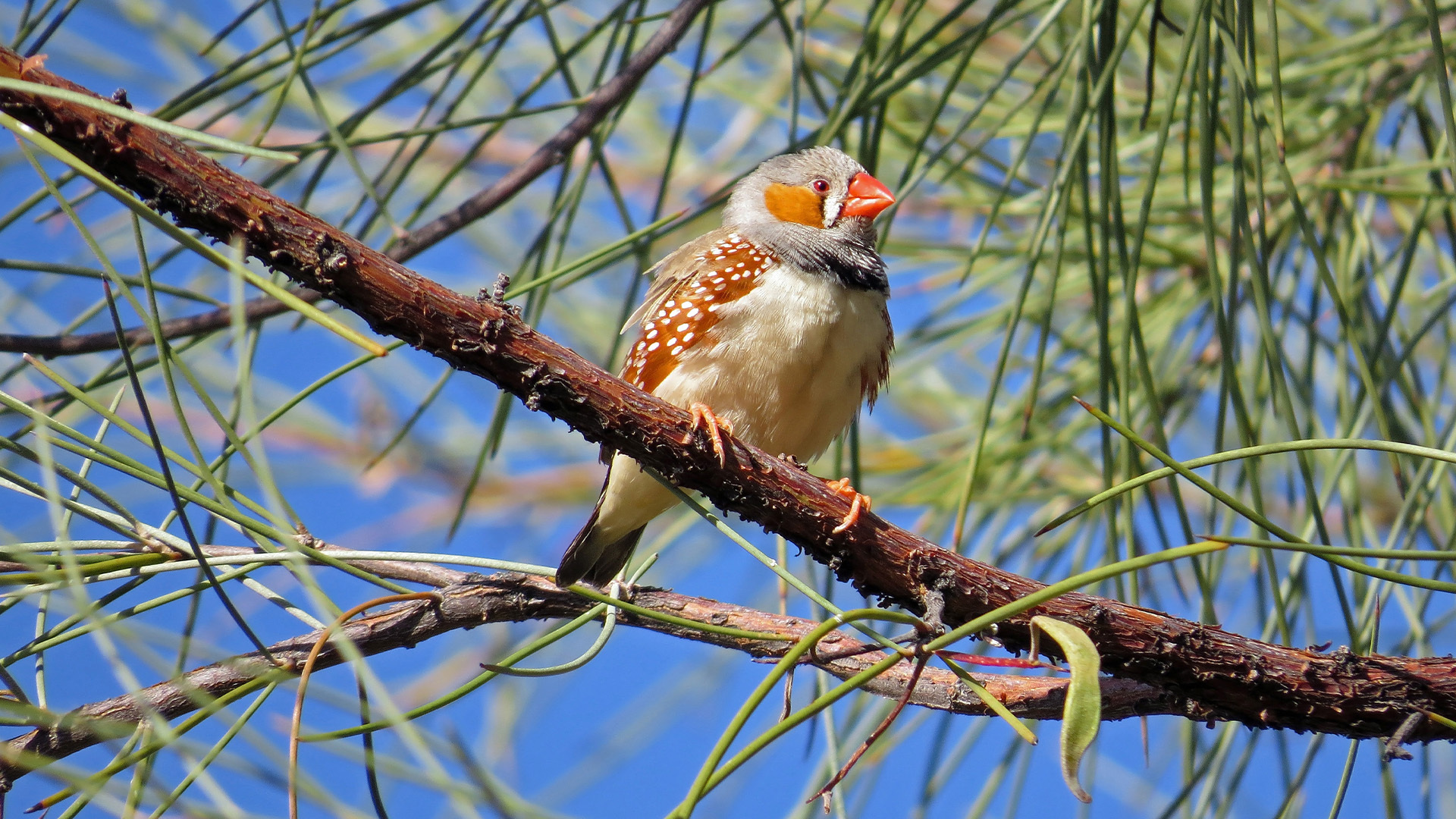
[KENNEDY FELTON]
Here’s your revised transcript:
Imagine a world where humans can understand animals. Well, that world is closer than you think thanks to research in Montreal.
According to the Associated Press, researchers at McGill University are using AI to decode animal vocalizations. From the chirps of zebra finches to the calls of beluga whales, this project could unlock secrets of animal communication – bringing humans and the natural world closer together in ways we’ve never seen before.
Postdoctoral fellow Logan James says he believes he’s closing in on deciphering animal vocalizations through a partnership with the Earth Species Project.
He’s simulating specific calls during conversations between finches, helping researchers isolate unique sounds. Those recordings are then fed into an AI model to train it to understand animal language.
This isn’t the only place where AI and wildlife conservation are intersecting. The Wall Street Journal reports that in Uganda, white-backed vultures are being outfitted with AI-infused trackers to help combat poaching. These trackers analyze vulture behavior in real-time and alert rangers to possible poaching incidents – helping to protect the endangered species.
Meanwhile in Costa Rica, AP reports biologist Jenna Lawson deployed 350 audio monitors across the Osa Peninsula to track Geoffrey’s spider monkeys – a species at risk. The audio data, processed with AI, provided critical insights into the health of the wildlife refuge. It’s an important reminder as 28 percent of plant and animal species are at risk of extinction, AI could be a game changer in conservation.
But it’s not all positive. The use of AI in animal research does raise ethical concerns for some, and critics worry about the possibility of exploiting animals or disrupting their natural habitats in the name of technology.
Still, Logan James with McGill University says he believes understanding animal communication will foster a deeper appreciation for the planet, especially as we face the growing challenges of climate change.











